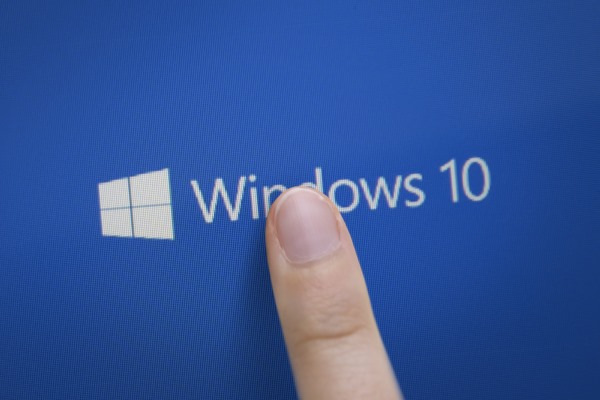
The real price of Windows 10 is your privacy
Windows 10 is a free upgrade, right? Well, surely you know by now that there's no such thing as a free lunch. We're only 48 hours on from the launch of Windows 10 and already the complaining and criticism is underway. One thing that has been brought under the spotlight is privacy under the latest version of Microsoft's operating system.
Some people have been surprised to learn that Microsoft is utilizing the internet connections of Windows 10 users to deliver Windows Updates to others. But this is far from being the end of it. Cortana also gives cause for concern, and then there is the issue of Microsoft Edge, and ads in apps. Is this a price you're willing to pay?
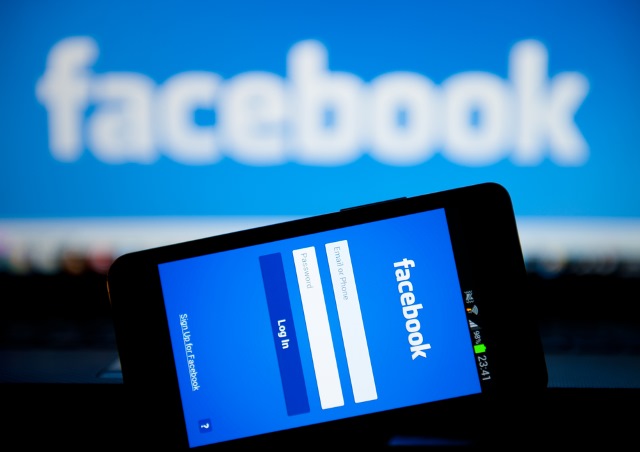
Facebook makes new security checkup tool available to everyone
A couple of months ago Facebook started to talk about a new security tool. It was initially only made available to a select group of users, but today it rolls out to all.
The aptly-named Security Checkup gives Facebook users the opportunity to double check the privacy and security settings they have in place, helping to ensure that private information is not shared with too large an audience. It can also be used to monitor logins and check for suspicious account activity, acting as a handy centralized hub for everything security-related.

New digital consent initiative to give users control of personal data
As more and more of our data gets stored in digital format, keeping it secure becomes a bigger challenge. One possible solution is User Managed Access (UMA) which gives a web user a unified control point for authorizing who and what can get access to their online personal data.
The UMA standard has already received support from major organizations such as Philips and the New Zealand government. Access management company ForgeRock along with a number of open-source technology companies and experts, is announcing a new digital consent and privacy initiative to help accelerate developer adoption of UMA.
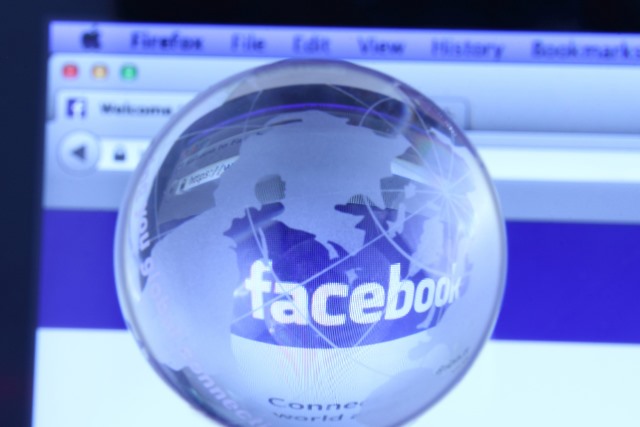
Facebook told to allow the use of fake names
Facebook comes in for a lot of criticism, but one thing that managed to rub a lot of people up the wrong way is its real names policy. For some time the social network has required its users to reveal their real name rather than allowing for the adoption of pseudonyms. This has upset many, including musicians and the drag community.
Now a German watchdog has told Facebook that its ban on fake names is not permitted. The Hamburg Data Protection Authority said that the social network could not force users to replace pseudonyms with real names, nor could it ask to see official identification.

Obama administration rules out pardoning Edward Snowden
The US government will continue to pursue Edward Snowden with a view to prosecuting him on espionage charges. The White House has rejected calls to pardon for Snowden who has been hailed as both a hero and a traitor for spilling the beans about NSA surveillance programs. The US government has sought to bring him to trial for compromising national security.
A We Are The People petition was signed by nearly 168,000 people who felt rather differently about the former NSA worker. "Edward Snowden is a national hero and should be immediately issued a full, free, and absolute pardon for any crimes he has committed or may have committed related to blowing the whistle on secret NSA surveillance programs".
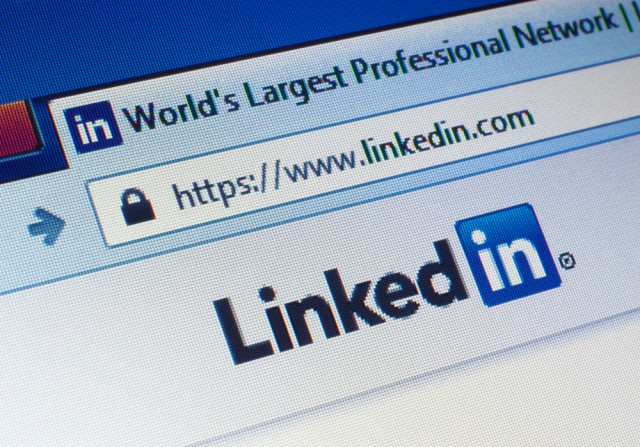
LinkedIn (temporarily) backs down after uproar at contact export removal
LinkedIn caused a storm a couple of days ago when it removed the option to instantly download contacts. Many users of the professional social network were more than a little irked to discover that while contact exporting was still available, a wait of up to three days had been put in place.
Unsurprisingly, users revolted, having been particularly upset by the fact the change was implemented with no warning or announcement. But the company has managed to turn things around by quickly backtracking on its decision after listening to a stream of complaints on Twitter.

Twitter censors plagiarized tweets that repeat copyrighted joke
Can a joke be copyrighted? Twitter seems to think so. As spotted by Twitter account Plagiarism is Bad a number of tweets that repeat a particular joke are being hidden from view. The tweets have not been deleted as such, but their text has been replaced with a link to Twitter's Copyright and DMCA policy.
The joke in question? "Saw someone spill their high end juice cleanse all over the sidewalk and now I know god is on my side." Perform a search for the text and, while you will find several tweeted instances of it available at the moment, there are many examples of tweets that have been censored.

HORNET is an encrypted, anonymous web browsing system that destroys Tor's performance
With the current concerns about surveillance and privacy, more and more people are turning to anonymizing tools. The existence of unknown numbers of spying tools means that increasing numbers of people are turning to the likes of Tor to keep their online activities private.
But encryption systems such as those used by The Onion Relay have a horrible tendency to slow things down. A new encryption system called HORNET could be a solution. Its creators say that data transfer speeds of up to 93GBps are possible, with much of the acceleration coming from a reduction in the number of hops data has to make around the network.

Microsoft takes steps to tackle revenge porn
Revenge porn has become quite a problem online, and Microsoft has now made it easier than ever to report cases. Today the company says that it will happily remove links to revenge porn photos and videos from Bing search results, and has set up a dedicated form to make it easier to get in touch.
Like Google's Right to Be Forgotten, there is little that can be done to remove the offending content from the internet, but Microsoft's action should make it easier to prevent the spread of damaging content. The removal process goes further than just obfuscating links in research results as the company does what it can to help stem the flow of privacy-violating photos and videos.

New Facebook video controls let you be sexist, ageist or secretive
Videos on Facebook are big business. As well as drugged up post-dentist footage, there is also huge advertising potential. Now Facebook has announced a new set of options for video publishers -- including the ability to limit who is able to see videos based on their age and gender.
A social network might not be the first place you would think of to try to keep something private, but a new 'secret video' option makes it possible to restrict access to those people who have a direct link. Other new options include the ability to prevent embedding on other sites, but it is the audience restriction settings that are particularly interesting.

Google Maps 'Your Timeline' is a creepy reminder that you are being tracked
Google is everywhere, you cannot run and you cannot hide. Well, maybe I am being a bit dramatic, but if you use Android or any of Google's services, it is compiling data to track your actions and behaviors. The search giant may know your favorite restaurants, sexual tastes, plus home and work locations too.
If you use Google Maps and location services, the search giant is even tracking your movements. While that can lead to powering some useful solutions, it is also creepy as hell. Today, Google announces "Your Timeline", which is a tool for Android and desktop that shows you all the places you have been. While it is sort of cool, it is also a reminder that Google is watching you.

Druva helps enterprises to protect and govern data
When a company's information was held all together in a single data center it was easy to keep control, to protect it and to ensure it didn't fall into the wrong hands.
But today with data in the cloud and on mobile devices locating, tracking, monitoring and preserving sensitive details is a much harder task.
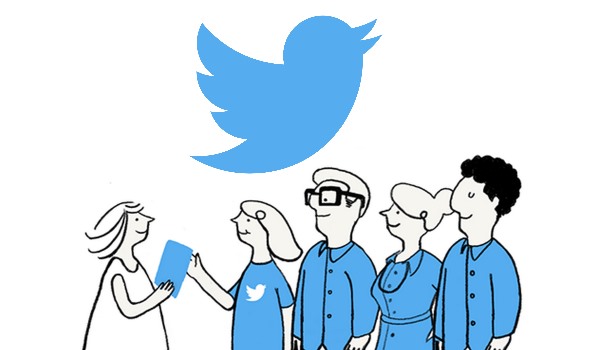
Twitter launches new Safety Center to educate and protect users
Over the years Twitter has taken various steps to help users avoid spam, trolls, abuse, and other online problems. Today the social site takes the wraps off the Twitter Safety Center. This is home to advice about staying safe on Twitter and online in general, as well as including links to the various tools that Twitter has to offer.
The Safety Center is divided into three sections -- Tools, Policies, and Enforcement -- and the idea is that users are given the information they need to keep themselves safe. Each of the sections includes advice and guides about improving security, maintaining privacy, and avoiding unwanted content.

Reddit kills 'unfettered free speech' with half-hearted censorship
It's been a tumultuous time at Reddit recently. The self-styled (albeit slightly sarcastically) Front Page of the Internet raised the ire of some users several months ago when it started to impose stronger restrictions on the type of content that could be posted. It started with restrictions on certain types of explicit content, followed by the killing off of harassment, hate, and abuse subreddits.
After the site fired AMA (Ask Me Anything) coordinator Victoria Taylor, there was an uprising. Moderators were unhappy, users were unhappy, and CEO Ellen Pao ended up resigning. As users left in their droves, finding solace in alternatives such as Voat, the site scrabbled to defend itself both to users, employees, admins, and volunteers. Today in an Ask Me Anything session, Reddit co-founder Steve 'spez' Huffman introduced a swathe of new restrictions on what users are allowed to say. In public, at least.

Oops! Google accidentally reveals Right to Be Forgotten request details
The Guardian has discovered that Google mistakenly revealed more information about Right to Be Forgotten requests than it meant to. The search giant recently released a transparency report which provides scant detail about the number of requests it received in Europe and the sites they related to, but the new discovery goes further.
Critics said the report was not substantial enough, but it seems that a quick glance at the source code is all that's needed to reveal more. While before we knew little more than the fact that more than half of requests are declined, we now have a few extra snippets of information such as learning that over 95 percent of requests come from the general public rather than high-profile people.
